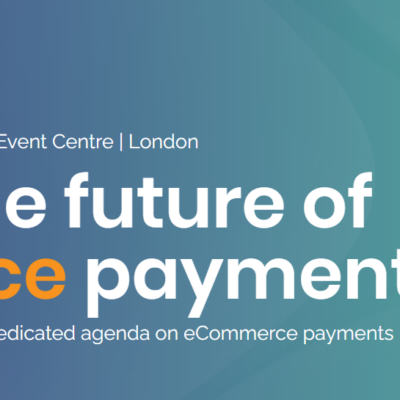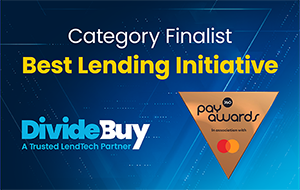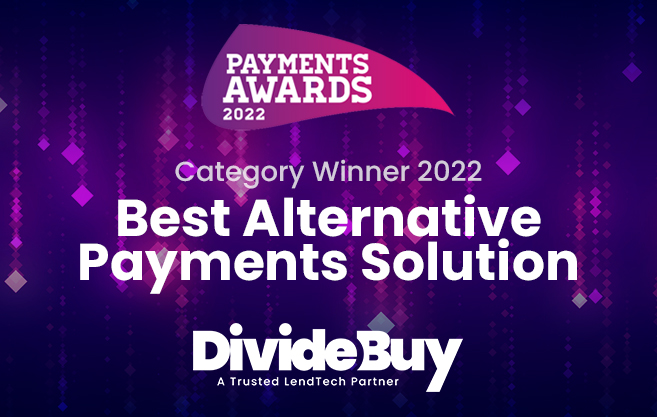Here, we look at what flexible finance is, what purpose it fulfils in the wider context of UK consumer credit, and what this could mean for the future of the sector.
Key Highlights:
- The UK consumer credit industry is currently worth around £250bn
- Online flexible finance options are transforming the industry for consumers and retailers
- Fintech companies are coming up with solutions that empower consumers in managing their finances
- The average credit card interest rate is currently over 21%, compared to interest free flexible finance options
- Interest free credit may be a way to help some consumers spread the cost of buying essentials
The history of consumer credit in the UK
Consumer credit, essentially the act of borrowing in order to buy goods or services, has been around for many thousands of years in a wide variety of different forms. Consumers being extended credit, in return for a specified rate of interest, was documented as far back as 3,500 BC, in relation to agriculture. Ever since then, there has been a practice of consumers borrowing in order to make purchases in a way that deferred repayment to another time
Throughout history, certain types of lending to consumers were governed somewhat differently and inconsistently until the Consumer Credit Act 1974 brought widespread reform designed to help protect consumers and regulate lenders across the many different forms of consumer credit in the UK.
This has since been updated by the Consumer Credit Act 2006, which is the current legislation governing UK consumer credit, and the introduction of the Financial Conduct Authority (FCA) in 2013 holds lenders to a specific set of legal standards.
Many different areas of borrowing fall under the banner of consumer credit, including:
- Credit cards
- Hire purchase (HP) agreements
- Store cards
- Offline and online retail finance, including buy now, pay later agreements
- Payday loans
- Personal loans
- Secured loans (unless secured on a person’s main residence)
Consumer credit today: Fintech companies and interest-free credit
While consumer credit has been around in various forms for a long time in the UK, access to this kind of credit for a growing range of different types of purchase has meant that the industry is now worth approximately £250bn, according to industry market research specialists IBISWorld.
Traditionally, consumer credit has been associated with interest charges for consumers, but interest free lending is an area of real growth in recent years, with fintech companies helping to revolutionise the way that consumers are able to pay for goods and services, especially in the digital age.
Interest free payments offer flexibility, convenience and, importantly, affordability to consumers, with the advancements made by fintech companies in the UK enabling speedy credit assessments to be made and quick lending decisions delivered. This means some types of purchases, usually those up to a value of several thousand pounds that may traditionally have been made by credit card, can now often be made using credit instalment agreements instead. Considering that the average interest rate for a UK credit card was 21.46% in January 2022, this can offer consumers a considerable saving if they choose these payments as their form of credit instead, to spread the cost of purchases. By enabling consumers to take control of how they pay for the things they need and want, flexible finance can empower consumers in managing their finances in the way they feel is best for them, giving them options that haven’t always been available in the past.
While credit cards certainly still have a place in the consumer credit market, the increased access to interest free instalment agreements with retailers is changing the way that many people shop; especially online.
What is flexible finance?
Flexible finance is a term that covers a type of consumer credit which provides those consumers with options to pay for goods and services in a way that suits them. It applies to interest free credit agreements for eCommerce stores offering a way to buy now, pay later in regular instalments. Many consumers can choose how they want to repay, such as repaying in full after 30 days, or in instalments over a set period of time in a way that best fits with their budget.
Using this method to pay for anything from furniture to homewares or fitness equipment to vets’ bills, offers consumers real flexibility and convenience when it comes to spreading the cost. This kind of flexible finance solution helped consumers and merchants during the Covid-19 pandemic, when more transactions were made online due to lockdowns, and shopping in-person was rare.
At a time when many household budgets are more stretched than ever, flexible finance that is interest free offers consumers a different way to pay for essentials items and services.
With the evolution of fintech companies and the simple point of sale (POS) integrations possible for most online retailers, offering this kind of flexible finance doesn’t require huge development projects or cause disruption to the online experience and sales process.
Flexible finance and responsible lending
As with any kind of credit, responsible lending is always a significant concern when it comes to protecting consumers. With interest free solutions such as ours, checks are made on applicants’ creditworthiness to help ensure the individuals are able to make the repayments. We also take steps to ensure borrowers are always aware of the amount of credit involved and how it will be repaid before an agreement is finalised.
You can find out more about how DivideBuy encourages responsible lending here.
Lending responsibly when it comes to flexible finance like this is made more straightforward than with some conventional credit check methods because everything is carried out online. This helps to provide consumers with a faster credit decision and checkout process, helping to maximise the number of transactions for retailers with responsible lending firmly in mind.
The opportunities that flexible finance brings for retailers
Flexible finance in the form of interest free instalment repayments is an offering that opens up lots of opportunities and benefits for retailers, as well as being an attractive option for consumers.
- It provides merchants with a device for increasing their online conversion rates whilst not taking on any additional credit risk themselves, as the credit risk is handled by the credit partner, such as DivideBuy.
- Retailers receive the payment for goods or services as soon as the customer receives their order, rather than having to wait for several or all repayments to be made before getting the funds through.
- The way that this kind of flexible finance solution is integrated into the merchant’s existing eCommerce website means that it offers a frictionless payment experience to consumers that can help attract repeat custom and drastically reduce cart abandonment rates.
- Offering interest-free payments can help retailers with cross-selling and up-selling because consumers can spread the cost of their purchase.
DivideBuy’s flexible finance solution
With this kind of flexible finance offering so many benefits to both consumers and retailers, it’s no wonder many of our clients have experienced great success with DivideBuy. Along with technical assistance in implementing our unique checkout system on your website, we also provide ongoing support and advice for retailers to help maximise sales.
If you want to find out how flexible finance from DivideBuy can help your business, book a demo of our platform to see it in action.




 Tweet
Tweet
 Facebook
Facebook


















